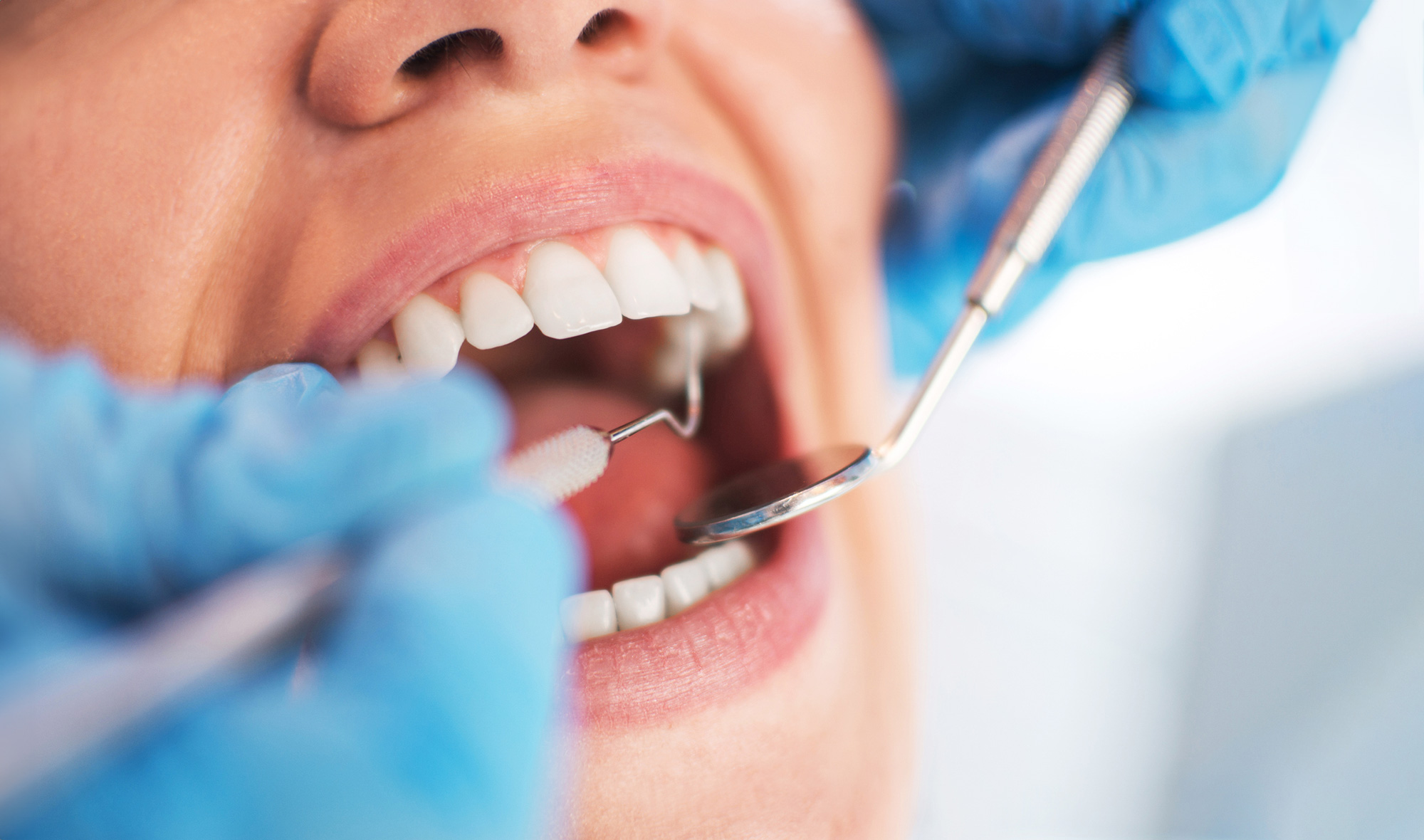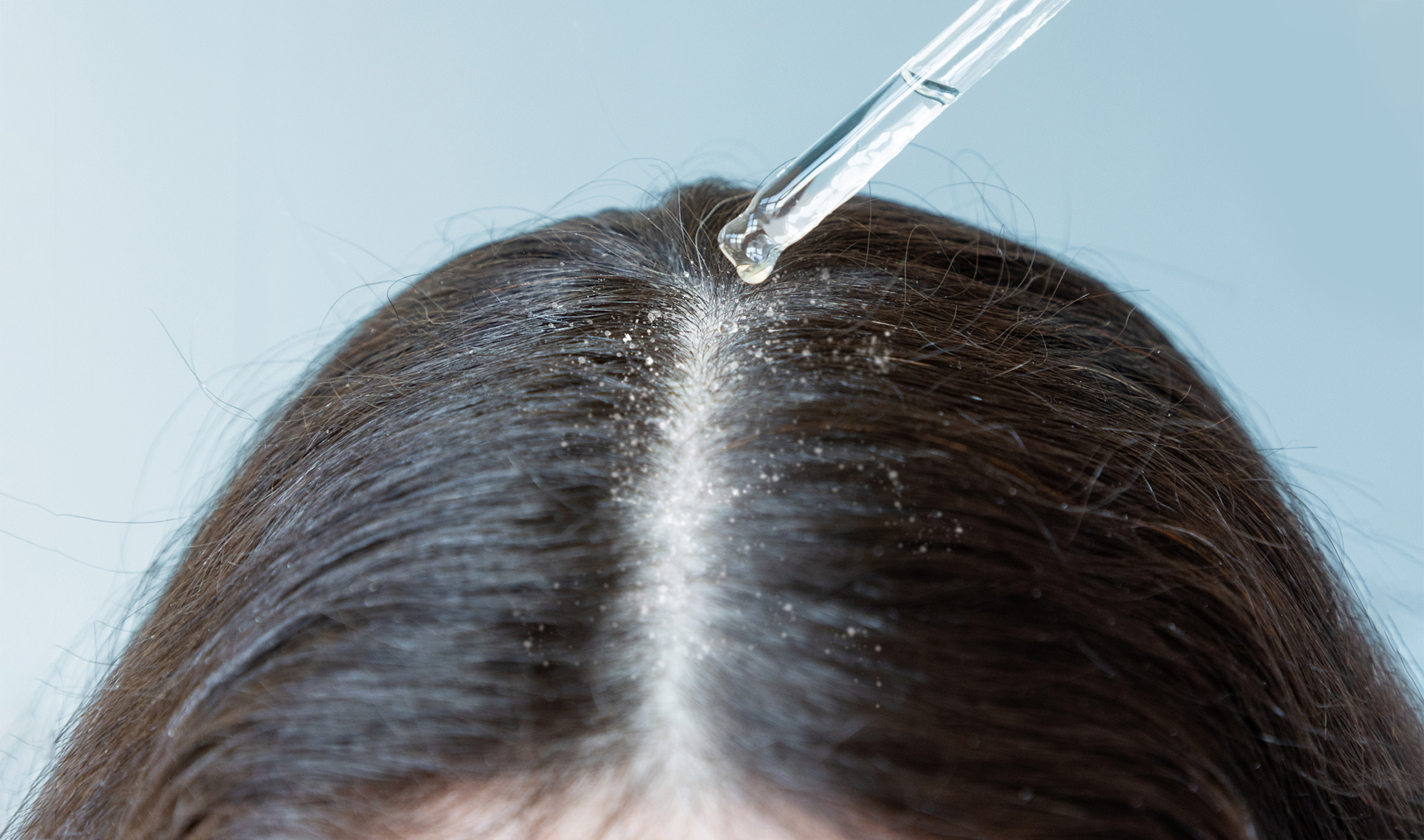What’s so important about oral health?
Good dental and oral health will keep your teeth looking good; protect you from tooth decay (caries) and gum disease (periodontal disease); and also from bad breath or halitosis. All of these problems are caused by bacteria, which thrive in the warm protected crevices between your teeth; so it is important not to nurture them by allowing food particles to remain. Keep your mouth healthy by practicing good oral hygiene.
What is plaque?
Plaque is a community of bacteria growing on the surface of the teeth living on the starches and sugars left behind from your food; if it is not removed plaque hardens into tartar), which is much harder to remove. Plaque bacteria produce toxins that irritate the gums, which become reddened, swollen, inflamed and can bleed easily. This is the start of gum disease or gingivitis and is the early stage of periodontal disease when the tissues around the tooth become inflamed (periodontitis).
Periodontal disease
Periodontal disease affects 80% of New Zealanders over the age of 15 and is the leading cause of tooth loss in those over 35. It is caused by a bacterial infection of the gums as plaque gets into gaps between your teeth and inaccessible pockets under the gums. Eventually, the gums pull away from the tooth and bone supporting the tooth is attacked and weakened. The affected tooth becomes loose and may fall out or need to be removed by your dentist. Bacteria from infected gums may enter the bloodstream and spread to other parts of the body, where they can grow and cause more serious infections. Although no definite cause and effect relationship has been demonstrated between periodontal disease and any other disease, clinical studies indicate that periodontal disease may increase your risk of systemic health problems, in particular the risk of heart disease.
What are the symptoms of poor oral health?
- Discoloured and “furry” teeth
- Sore, red and swollen gums
- Gums that bleed too easily when brushing or flossing
- Bad breath caused by left over food and build-up of plaque bacteria
- Unpleasant taste in the mouth
- Wobbly teeth
- Toothache.
Prevention and treatment
Make it your goal to prevent problems in your mouth by keeping teeth and gums in good shape and recognising and responding to problems as soon as they happen.
1. Keep your mouth in good shape
Knowing that you have healthy teeth and gums makes you feel good and look good when you smile, as well as giving you more enjoyment of your food because chewing is not a problem and everything tastes as it should. You can get up close and personal without fear of bad breath. Conversely, bad teeth and gums can cause discomfort and poor esteem. So avoid all this and practice good oral health.
2. How to take care of your teeth and gums
- Clean your teeth twice a day and if you wear braces, be sure to clean them too
- Use a fluoride toothpaste, as fluoride makes your teeth strong and more resistant to attack by bacteria (endorsed by the NZ Dental Association)
- Floss between your teeth after brushing, to remove food stuck between your teeth
- Chew sugar-free gum
- Control how much sugar you have in your diet; it is particularly high in alcohol and many soft drinks
- Stop smoking as tobacco stains the teeth, makes your breath smell stale and increases your risk of mouth cancer and periodontal disease.
- For effective brushing, use a electric toothbrush.
3. Get regular dental checks
Visit your dentist regularly for a dental check up. If you have any symptoms of gum or periodontal disease visit your dentist in between check-up times and don’t ignore symptoms. This may prevent serious gum or tooth problems developing.
4. Visit a dental hygienist
Some areas that cannot be reached by flossing or brushing can only be treated using special instruments or using a laser. Also, removal of tartar can only be done by scaling. If you have periodontal disease, you may need more extensive and deeper scaling or even gum surgery, in which case you may be referred to a specialist for treatment.
5. Be in tune with your body and your mouth
There are times when you may be more susceptible to factors that affect your oral health. Learn to recognise them and manage your oral hygiene accordingly:
- Hormonal changes at puberty or during the menstrual cycle can make gums more sensitive
- Stress lowers your resistance to gum and periodontal disease
- Diabetes can lead to increased gum disease due to fluctuating blood sugar levels if not well-controlled
- Poor nutrition can affect your oral health so make sure you eat a healthy balanced diet
- Some medications can increase the risk of tooth disease. If you have a significant problem check with your GP whether any medications you’re on could cause tooth problems.















Community